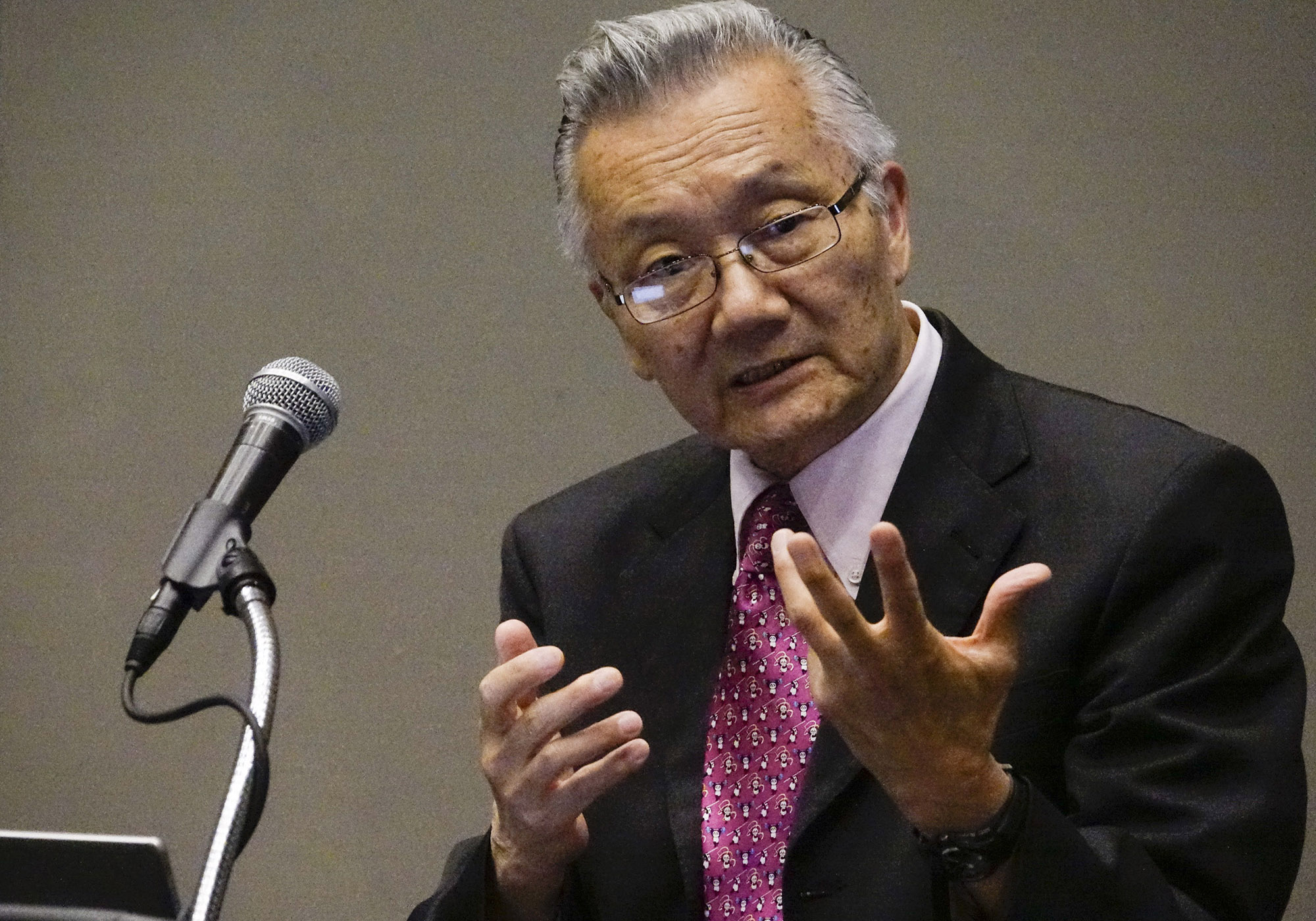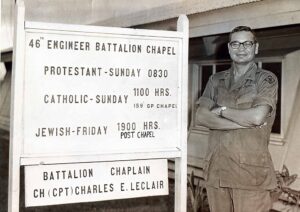
TULSA, Okla. (BP) — Outgoing National Asian American Fellowship President Ted Lam has a dream of unprecedented Asian church planting in the U.S., and he has a plan to accomplish it.
His personal testimony of escape from communist China is a tool to help him carry out that plan.
After serving more than a decade as a church planting leader with the Baptist General Convention of Oklahoma, Lam was elected in 2016 as the first president of the National Asian American (NAA) Fellowship of the Southern Baptist Convention, a group representing eight Asian nationalities. Lam has already planted several Asian churches and hopes to build upon what he has accomplished.
“I am still working to recruit and train the new church planters for [the NAA Fellowship],” Lam told Baptist Press in written comments. “Our dream is to have a church planting center in Jackson, Miss., and a partnership with the North American Mission Board, Southern Baptist Convention seminaries and state conventions. I will slow down and come up with some practical books about church planting in America.”
Raised in China after World War II, Lam was born into a time of turmoil in the country. Chinese leader Chiang Kai-shek, of the Nationalist Party, and communist leader Mao Tse-tung declared war upon each other in 1945. The Communist Party prevailed by 1949, and Lam fled with his family to Taiwan, the new home of the Nationalist Party.
“My mother had brought four of her sons and fled from China in a boat,” said Lam, pastor of Tulsa (Okla.) International Baptist Church. “We spent many days on the sea of Taiwan Strait. We finally shored on the harbor called Jilong (a sea port north of Taipei). It was 1949. China was in a chaotic situation. I was too young to remember much of it.”
In Taiwan, Lam became a Christian and turned his focus to pursuing an education in the United States. He spent seven years studying mathematics at Union College in Nebraska and worked as a senior computer consultant for American Airlines after graduating.
Church planting was not a focus for Lam until nearly 20 years after his college graduation. He felt a call to ministry and was ordained in 1989.
As he began to plant churches, Lam encountered a few problems. One was his desire to always experience visible success with new plants. Lam came to realize his goal was not realistic and that “God allows us to make mistakes and do better next time.”
Another challenge Lam had to overcome was the “unspoken rule of turf boundary.” Many of Lam’s church plants were within close proximity of other Southern Baptist churches. Often it was difficult to convince neighboring congregations his church plant was helping, not hurting them in reaching the community.
Partnering with the BGCO, Lam assembled a database filled with the names of 2,000 potential church planters. Using the database and his own passion for church planting, Lam planted 400 churches during his service on the BGCO staff.
“It was great teamwork and I had great support from the BGCO upper leadership,” Lam said.
Tensions between Taiwan and China eased over the years, and Lam was able to reunite with his family after decades of separation. Though his father had died, his mother was able to live with Lam’s brother until her death at age 101.
Lam now wants to recruit new church planters, reasoning “there will be no new church plants unless there is a church planter who is called by God.” Among the keys to helping church planters, he said, are assisting them with formation of a core group and teaching them how to raise financial support.
Reflecting on his ministry experience, Lam is grateful he has not had to face all of his challenges alone.
“There have been a few great challenges we have faced, but I truly thank God for His calling to serve for His Kingdom,” Lam said.














